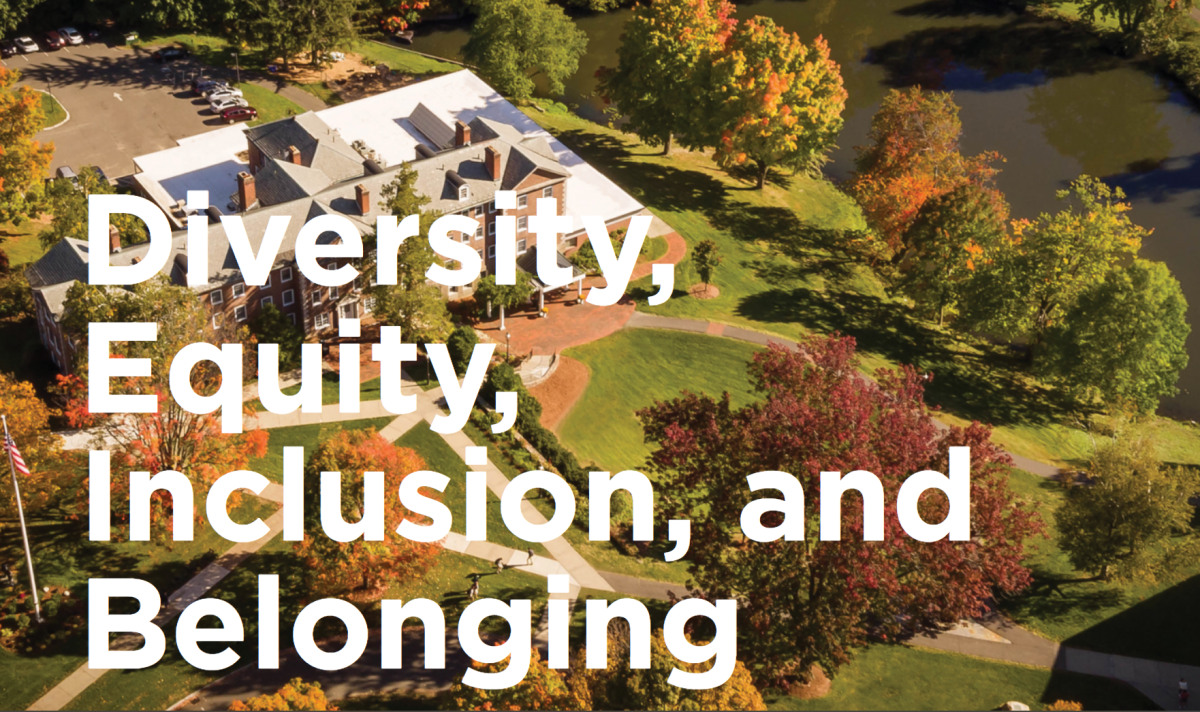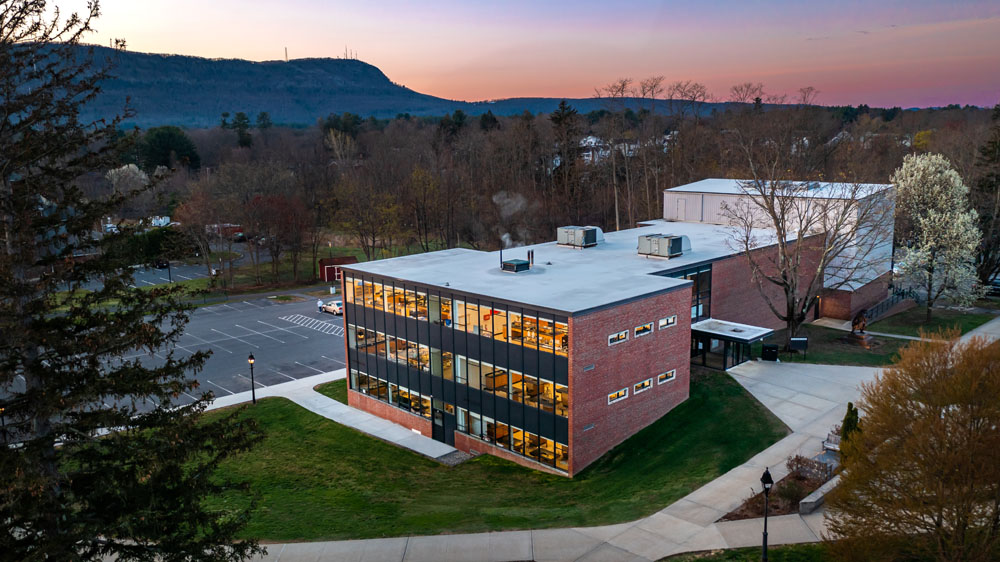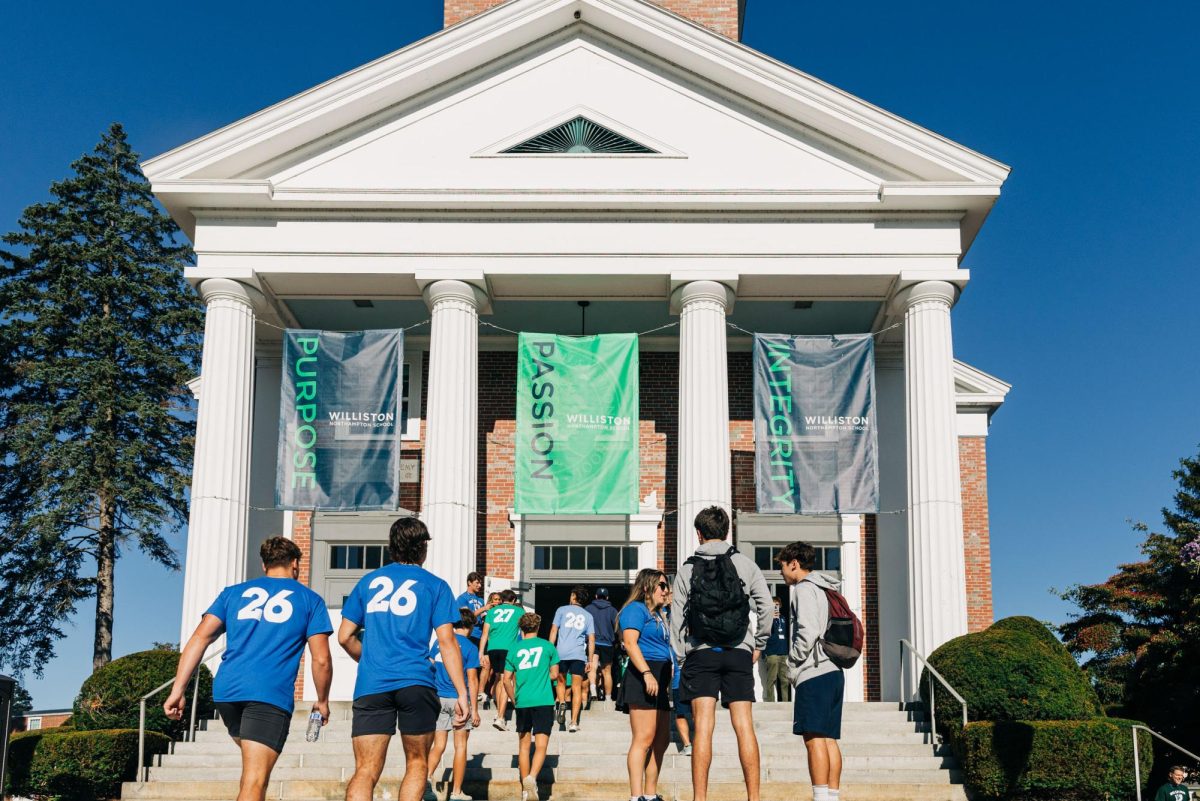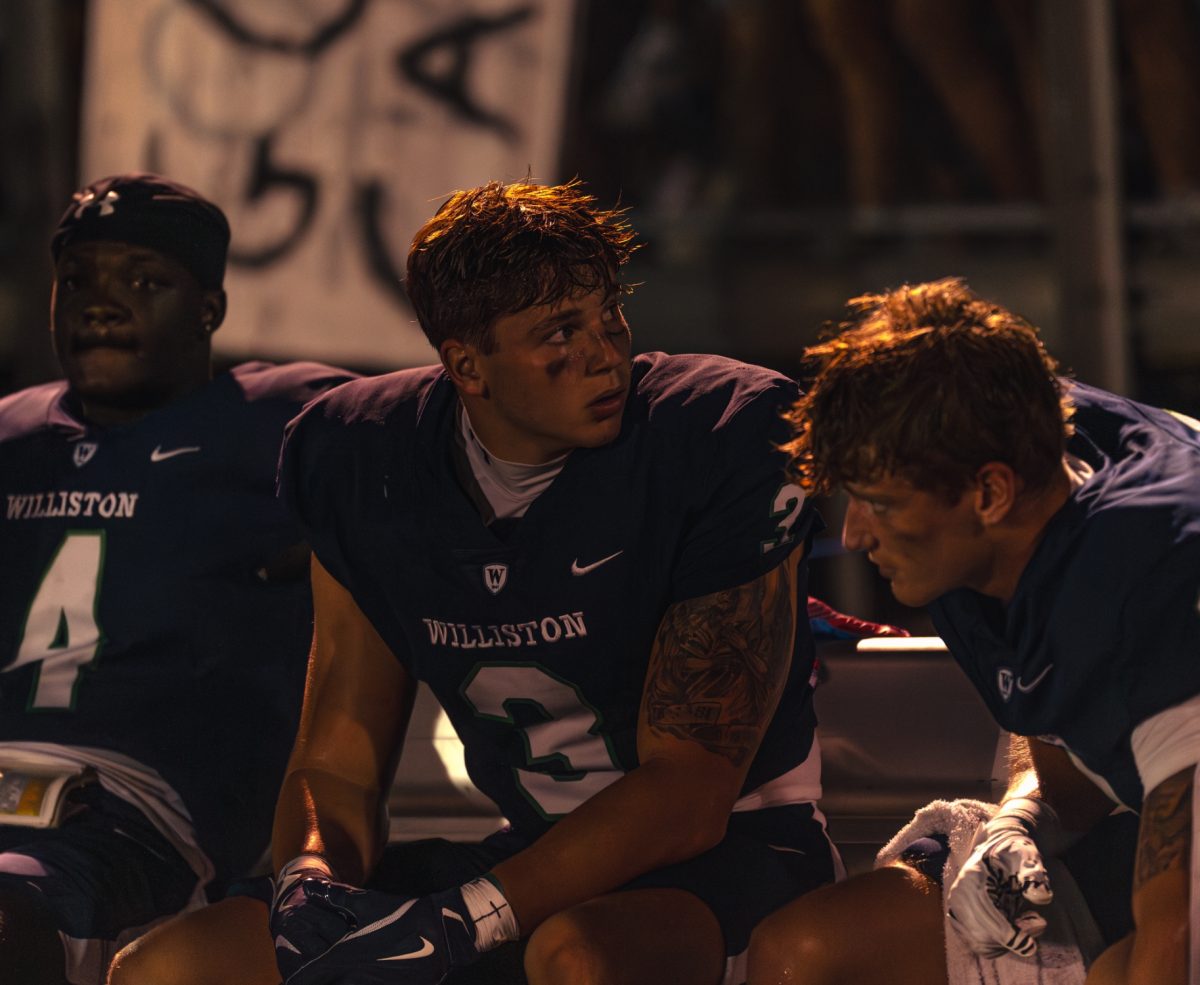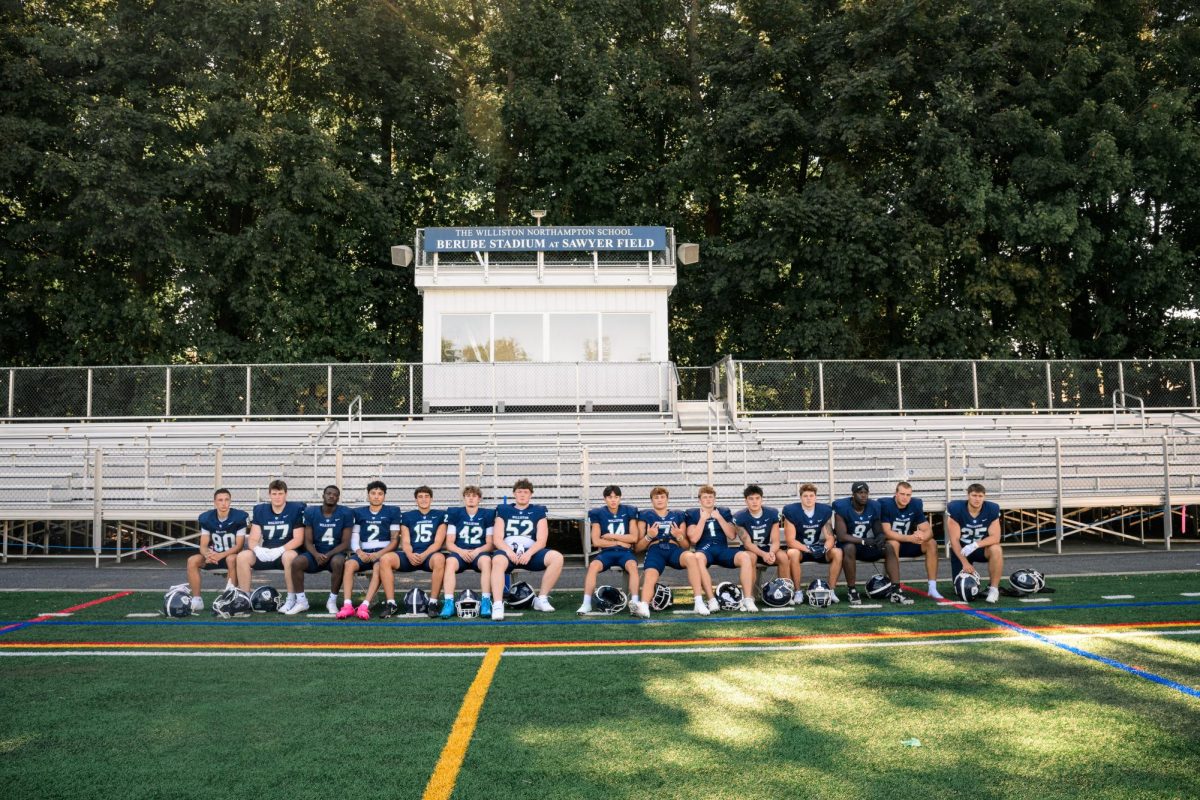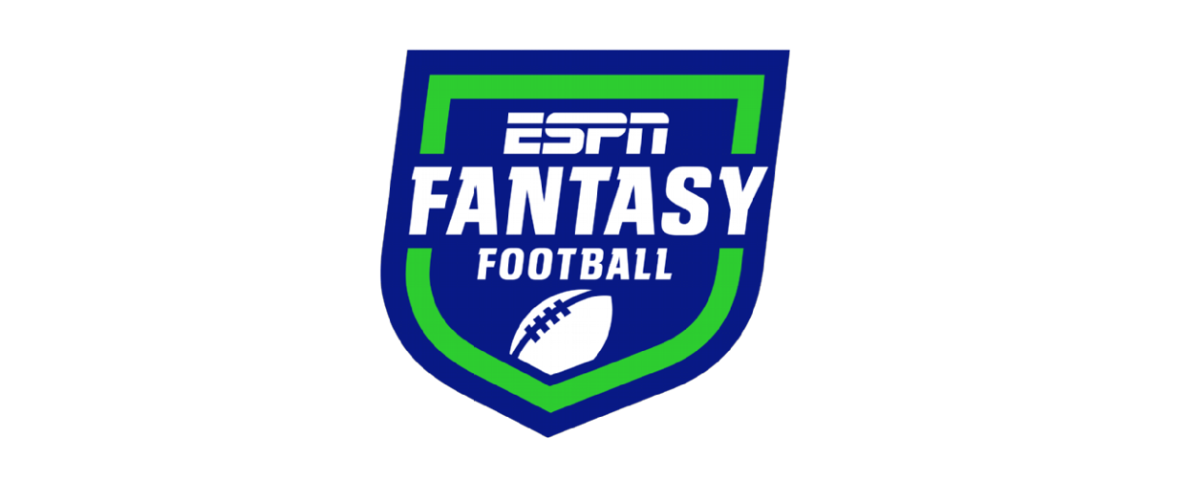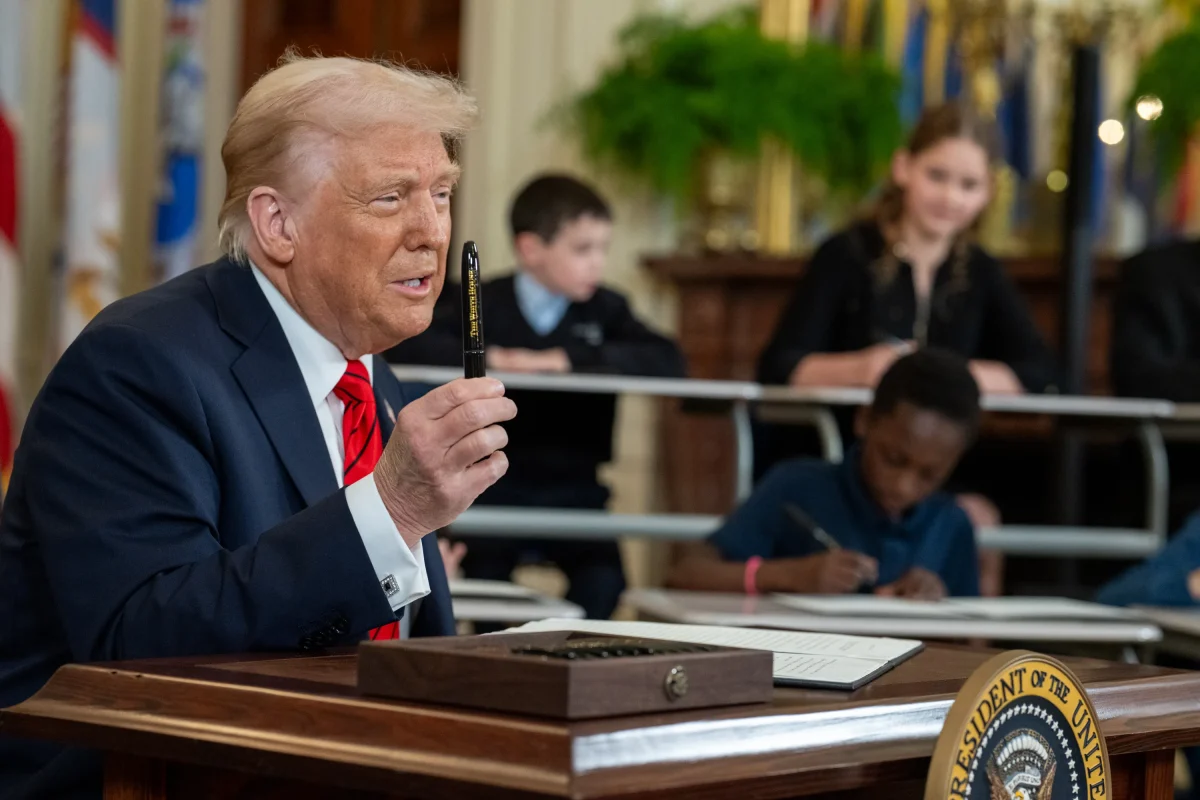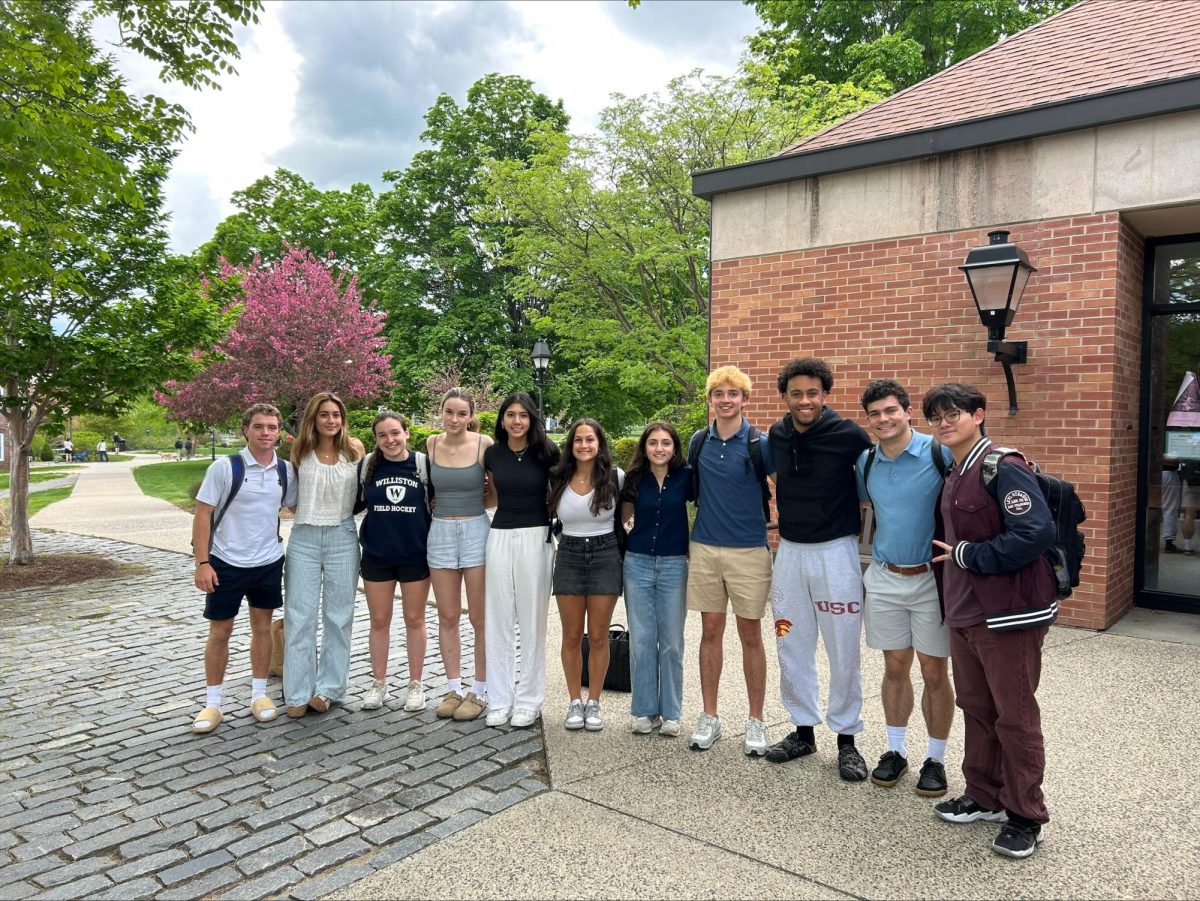Amongst the halls of Williston, the Diversity, Equity, Inclusion, and Belonging (DEIB) Student Advisory Group works hard to make the campus a welcoming place.
Formed in 2023, the group has contributed to campus life in a multitude of ways, such as organizing holiday festivities, giving assembly announcements, brainstorming cultural celebrations (for example Hispanic Heritage month, Black History month), creating Why Not Speak day workshops, inviting speakers and working artists, hosting fishbowl discussions, and much more.
These events would not be able to be implemented without the help of the student DEIB advisory group.
Nevin Conroy, a senior, first joined the group out of curiosity.
“At first, it seemed cool, so why not join, right? I’m truly happy that I did,” he said. “I’ve developed a passion for the work we’re doing, and I’m going to pursue it further in college. I am so, so happy that I joined. I’ve genuinely found joy in DEIB work.”
Aster Carlstrom, a senior, joined the DEIB group with a concrete goal: to help people feel at home at Williston.
“I joined the DEIB advisory group because people’s identities matter, and they shouldn’t feel excluded or unsafe over something they have no control over,” he said. “There’s a lot of hate in the world, but it’s a lot easier to include someone and respect them rather than diminish their identity.”
But what exactly is DEIB? Why is it important? Most importantly, why is it crucial to have a student advisory?
Nikki Chambers, the Dean of DEIB who joined us in 2021, formed the student advisory group to put the focus on the students, where it belongs.
“I wanted to create something that centers student voice,” she told The Willistonian. “Last year was our first full year as a DEIB committee, and we had a diverse array of students. I wanted students to feel invested in this work, and I’m very proud of the group.”
Jayson Leigh, the Assistant Dean of DEIB and an Admissions Officer, believes the student advisory group is particularly effective because students are more likely to listen to their peers.
“You all live the student life—I am not a student and haven’t experienced student life in the past,” Leigh said. “Being part of this group enables me to view things from a student perspective and consider aspects that I might not have thought of beforehand. Moreover, having a student advisory group allows the entire school community to witness active student leadership.”
Nat Simpson, a Spanish teacher and the International Student Coordinator, agrees that having a student-led advisory helps propel international student voices.
“International students have unique experiences and challenges,” he said. “For example, just because a student speaks fluent English doesn’t mean that they’re confident or don’t need help. We’ve started initiatives like faculty-student conversations to help teachers better understand and support international students.”
DEIB means a lot of different things to everyone, and there is no set definition. Chambers talked about her interpretation of each letter in the acronym, and why they are important.
She explained that, “Diversity is about who we are. Equity ensures everyone in a community has equal access. Inclusion means making sure everyone is included. To me, though, the ‘B’ is the most vital part. Belonging is the ultimate goal—to ensure everyone is celebrated and accepted.”
She has previously attended a workshop on DEIB initiatives in independent schools, and she learned that there are over 100 different acronyms for it—some say DEI, some go with E&I (equity and inclusion), and some are DEIJ with a ‘J’ for justice. But the “B” in DEIB is rarely seen and is what makes Williston special, she says.
Leigh also emphasized the importance of belonging.
“Inclusivity conveys a sense of being supposed to be here, having been admitted to the school,” he said. “Belonging, on the other hand, is more about the feeling of truly fitting in based on how one is treated, perceived, and the acceptance of one’s ideas. I want students to be part of diverse communities, to learn more about themselves and others, and to have the support they need to succeed. I want them to understand why they are here and, more importantly, to feel that they truly belong here.”
The student advisory group helped foster this sense of belonging for Aster.
“I remember when I was a freshman, we didn’t have [many] cultural celebrations,” he said. “I think we barely even talked about Hanukkah. Having so many holiday celebrations can educate more people, and let’s say you have a friend who celebrates Winter Solstice—they will no longer be burdened with having to educate you about it if Williston has already taught you. These things may seem small to some people, but they make many groups feel represented.”
DEIB efforts aren’t just limited to inside the classroom during school, however. They also extend into extracurriculars and non-academic hours. For example, Nevin was lucky to attend a DEIB-sponsored conference in Denver where he learned about a lot of different cultures and communities.
“The conference in Denver was an eye-opener,” he explained. “I met and talked with people from backgrounds that I had never even knew existed, and I honestly learned a lot more than what I was expecting.”
DEIB can potentially also extend into sports. Leigh, who is passionate about football — he’s one of Williston’s coaches — and participated in college football, said DEIB has its place on the field as well.
“While some students truly enjoy being in the classroom and are very engaged in school, others might not share that enthusiasm and prefer sports instead,” he said. “Those involved in sports tend to have a deep passion for them, and in a way, it’s like an affinity space, because usually every person in a sports program here loves that sport. So, I believe that it is an area we can slowly start working on in the future, because at the end of the day, DEIB isn’t just about inside of the classroom, it affects every aspect of our lives.”
DEIB heavily intersects with identity, and for upperclassmen, it intersects with college application processes. The junior CORE class is a great example of how the DEIB office helps student navigate these topics by co-teaching CORE 11 with college counseling.
“As a former college admissions officer, I know identity is crucial in the application process,” Chambers said. “I’ve spent the last decade in college admissions, where who you are and how you present yourself matter. Reflecting on these aspects is vital. I see the work we do in DEIB as a bridge with college counseling. It helps translate insights and reflections, showing how your values shape your role as a community member—academically, residentially, socially. I’m very proud of CORE 11.”
These are all initiatives that are visible to the students and faculty at Williston. What we don’t see is what goes on behind the scenes. Like any organizational goal, there are administrative logistics that serve as the backbone for DEIB at Williston. Williston has a five-year Strategic Plan for DEIB, which includes outlines for improvement in many aspects of campus life, including but not limited to increased recruitment of BIPOC faculty, creating mentorship and peer programs for POC, creating educational and training resources for bias, increasing on campus events for BIPOC students, equity funds, supplemental aids and more.
BIPOC stands for Black, Indigenous, and other people of color.
Chambers is a crucial part of this strategic plan.
“The plan is a collective effort, and I pioneered a lot of it,” she said. “But the work can’t exist because of the person, the work must be rooted in an effort to fundamentally improve the system. Goals about admin, governance and infrastructure are at at the front of the plan, because in order for DEIB efforts to succeed, it must start at the top. We have a DEIB committee on the Board of Trustees that meets three times a year—and they’re the highest level of governance. Because of full trustee support, we have the resources to do everything we need to do.”
The student advisory group is a part of this plan, and of course, it has not been easy to organize.
Simpson explained that, “There’s a delicate balance between student involvement and ensuring things get done. Students are busy, so I try to maintain that balance. For example, if a student proposes an idea, they don’t necessarily need to take full charge. It’s our responsibility in the DEI office to get things started, keep the ball rolling, and equip students with resources. The level of student involvement varies—sometimes students take the lead, but other times they’re busy. We try to balance giving them ownership while ensuring the event is successful.”
There are still many aspects of the group that can be improved. Aster thinks that the organizational aspect of the group could be better.
“We meet during lunch blocks, and if you’re in the second lunch, the group has usually already talked about everything they needed to because the conversation during first lunch is always more productive. They would ask for volunteers for an event, and the spots would already be taken by the end of first lunch,” he said.
Nevin thinks that the group should focus more on what makes people similar rather than their differences.
“I believe we’re progressing well,” he said. “In DEIB, the focus is on breaking stereotypes. We’re delving into what sets us apart, but we should also explore our commonalities. It’s about discovering connection through disconnection.”
And most importantly, the biggest challenge will always be to engage in conversation with the community and, as a whole, learn to talk about uncomfortable topics.
Nevin is still grappling with how to do that.
“One pressing issue is reaching those who aren’t open to listening or engaging with DEIB topics. The ones who are willing to listen and have this conversation are already having this conversation. How do we bridge the gap with those less receptive?” he asked.
Simpson acknowledges how complicated talking about these issues can be, especially in the complicated political climate of today.
“A lot has changed over the years. From a historical perspective, we’re doing much more now than we used to. But there’s always room for improvement,” he said. “For instance, we could do more for Black History Month or Women’s History Month. It’s not just about prioritization but also about balancing resources and time. One goal we have is to encourage students to engage in difficult conversations, even when there’s no clear resolution. For example, discussing the differences between ‘Chinese New Year’ and ‘Lunar New Year’ with students from Taiwan and mainland China. These are valuable skills—learning how to have and manage these conversations is something we want to focus on more.”
Leigh agrees that the focus should be on having difficult conversations.
“In our recent CORE class, we asked students if they were comfortable having these conversations, and a lot of people said that they were uncomfortable,” he said. “The reality is that you will never become comfortable having these conversations unless you practice having them. It often requires stepping out of one’s comfort zone. Encouraging students to find their entry points into these conversations, reflecting on their experiences, and gradually progressing in their engagement can foster a more open dialogue over time. Ultimately, while we cannot force people to partake in these discussions, we just hope that students realize how important these conversations are and join willingly.”
DEIB is not about creating a perfect world where no conflict exists. It’s about navigating conflict. When asked about what DEIB means and what it would look like in an ideal world, Simpson pointed out something crucial: “perfect” is not “ideal.”
“For me, ‘ideal’ means doing the best we can with the resources we have. It’s about striving toward something intangible, even if it’s not perfect. At its core, DEIB means considering others as equally important as ourselves—not vilifying or isolating people based on group identities. It’s about seeing others as human beings. That’s something worth pursuing, even if it’s not always achievable,” he said.
It’s important to accept non-closure in DEIB work and realize that it will always be a work in progress. The important thing is that we are always trying to better our community, and we take joy in doing so.
“One speaker at the Denver conference mentioned how DEIB work should be enjoyable,” Nevin said. “Despite the challenges, it’s about connecting with humanity. It’s not all gloom and doom; there should be joy in the journey. There ain’t no party like a DEIB party.”



